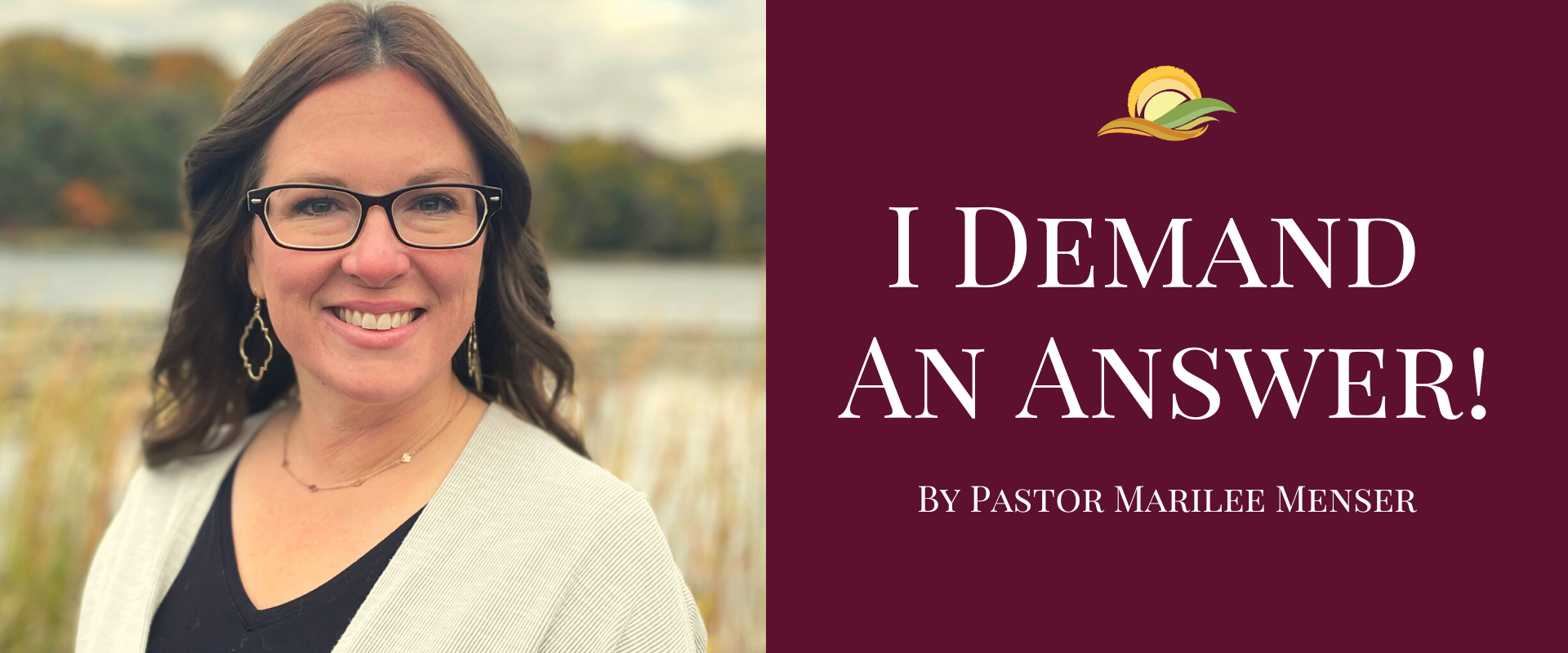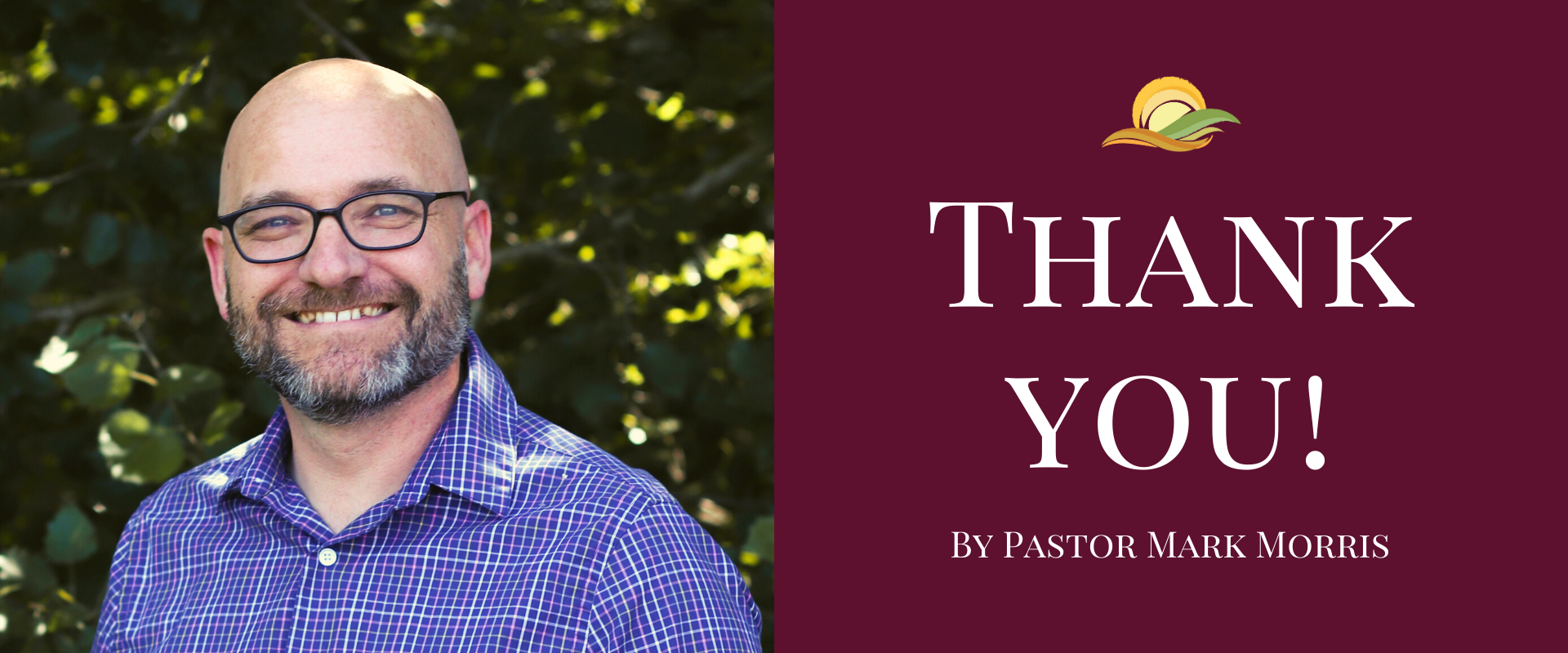“What will it profit a man if he gains the whole world, and loses his own soul? Or what will a man give in exchange for his soul?” (Mark 8:36-37). In this passage, Jesus is trying to get His listeners to realize the value of their souls. The soul refers to our inner selves, the part of us that lives on eternally. It is integrated with our bodies, yet distinct.
Jesus is contrasting one’s natural life with our spiritual life, or soul. In the preceding verses He states, "Whoever desires to come after Me, let him deny himself, and take up his cross, and follow Me. For whoever desires to save his life will lose it, but whoever loses his life for My sake and the gospel's will save it.” How would we honestly answer this? In what way have we lost something of our life, or denied ourselves, for the sake of Jesus and the gospel?
This is a costly demand, and Jesus says that our salvation is determined by how we respond to this call. He ends with, “For whoever is ashamed of Me and My words in this adulterous and sinful generation, of him the Son of Man also will be ashamed when He comes in the glory of His Father with the holy angels." (Mark 8:38). The area where Jesus applies this call is living in such a way that we demonstrate faithfulness to Jesus and His words in contrast to “this adulterous and sinful generation.”
Jesus was known for extending grace to those caught in destructive lifestyles and sin, but He always called them to repentance and to live differently. He is the same today, and He is calling us to follow His example. Jesus denied Himself to the point of being beaten and crucified, dying on the cross in order to save those caught in sin and destined for eternal death. Thankfully most of us never are tested to this degree. As we are told in Hebrews 12:3-4, “Consider him who endured from sinners such hostility against himself, so that you may not grow weary or fainthearted. In your struggle against sin you have not yet resisted to the point of shedding your blood.”
“How is your soul?” is the core question we are integrating into our community group discussion time based around the acronym S.O.U.L.,which asks if we are growing closer to God in four areas: Scripture, Others, Upward, & Life. Is our soul growing by getting to know God better through His Word? Are we growing in healthy and godly relationships with others? Are we growing in prayer, worship, hearing God’s voice, and other aspects of the upward call? Finally, how are things going in life—in all the details and daily things that occupy us? I encourage you to participate in Community Groups and take advantage of this opportunity to follow Jesus' call.























